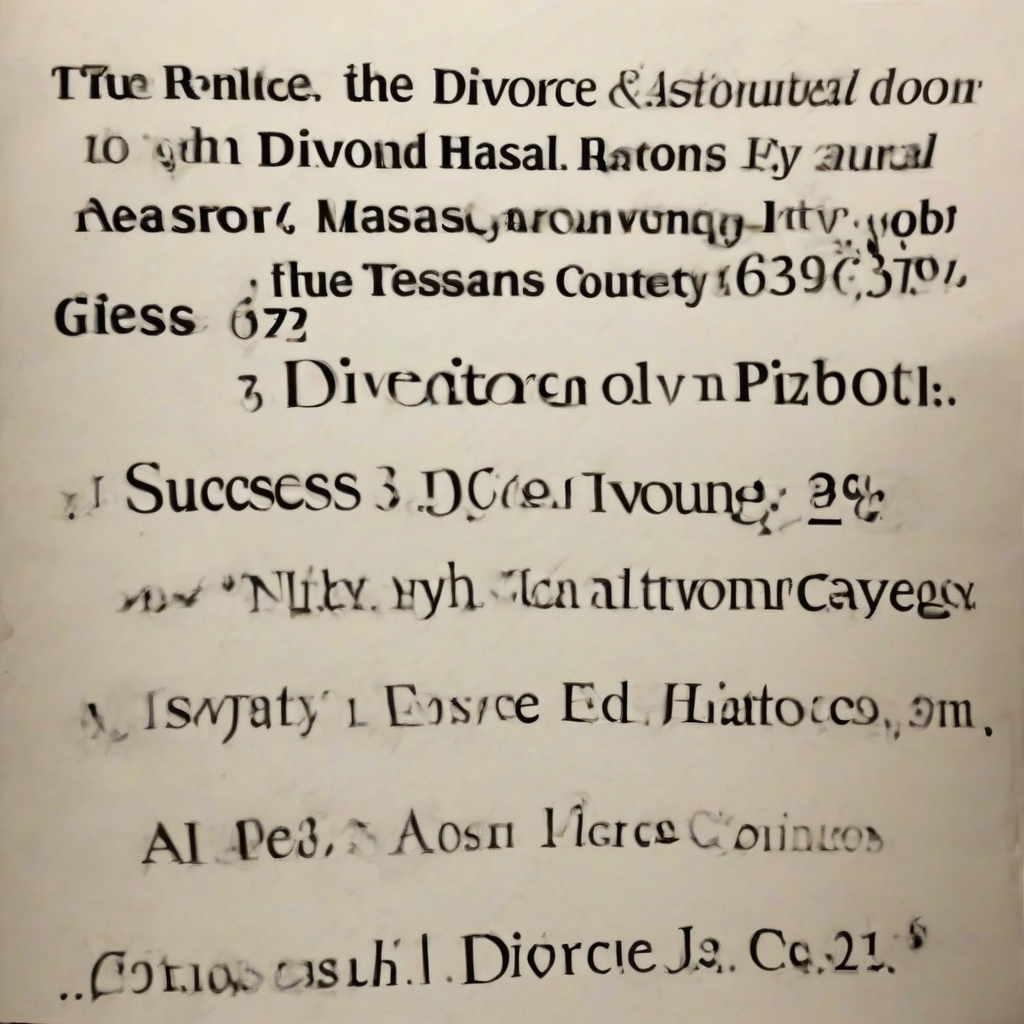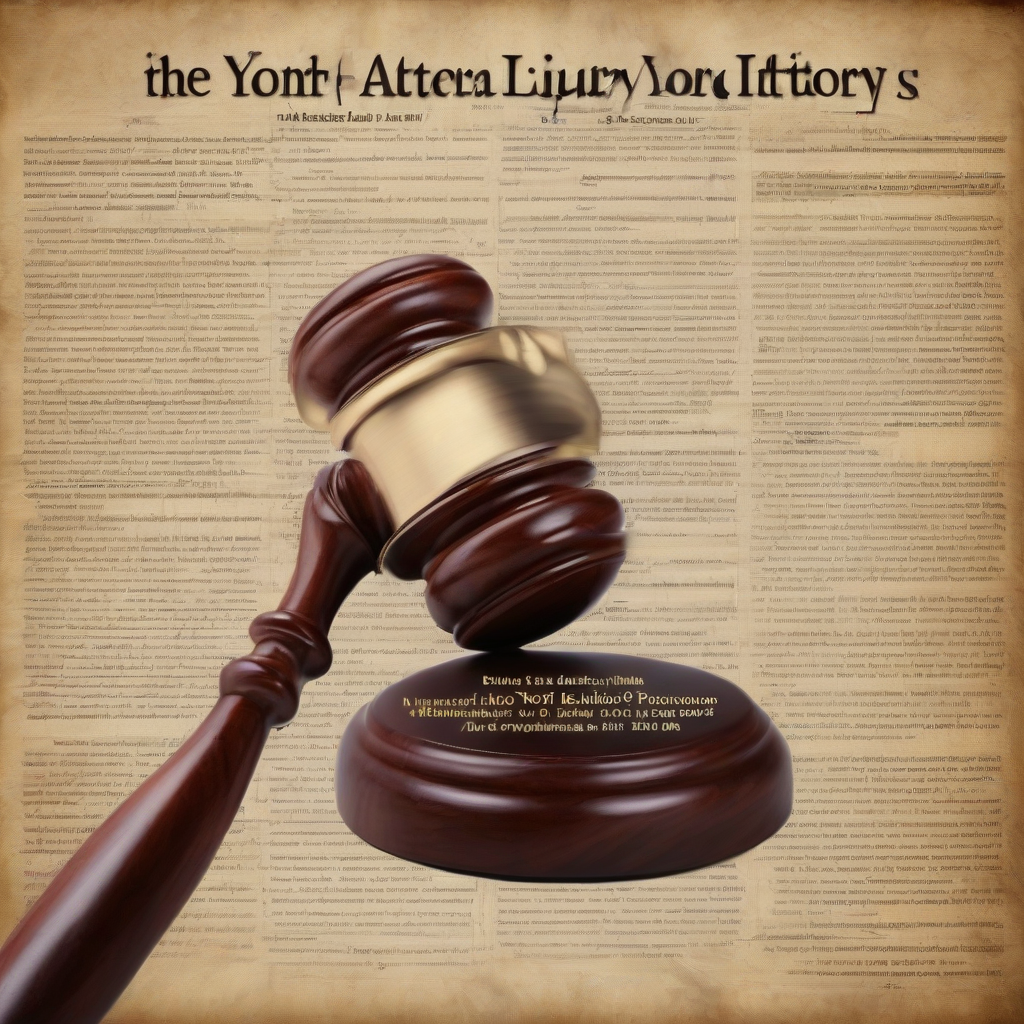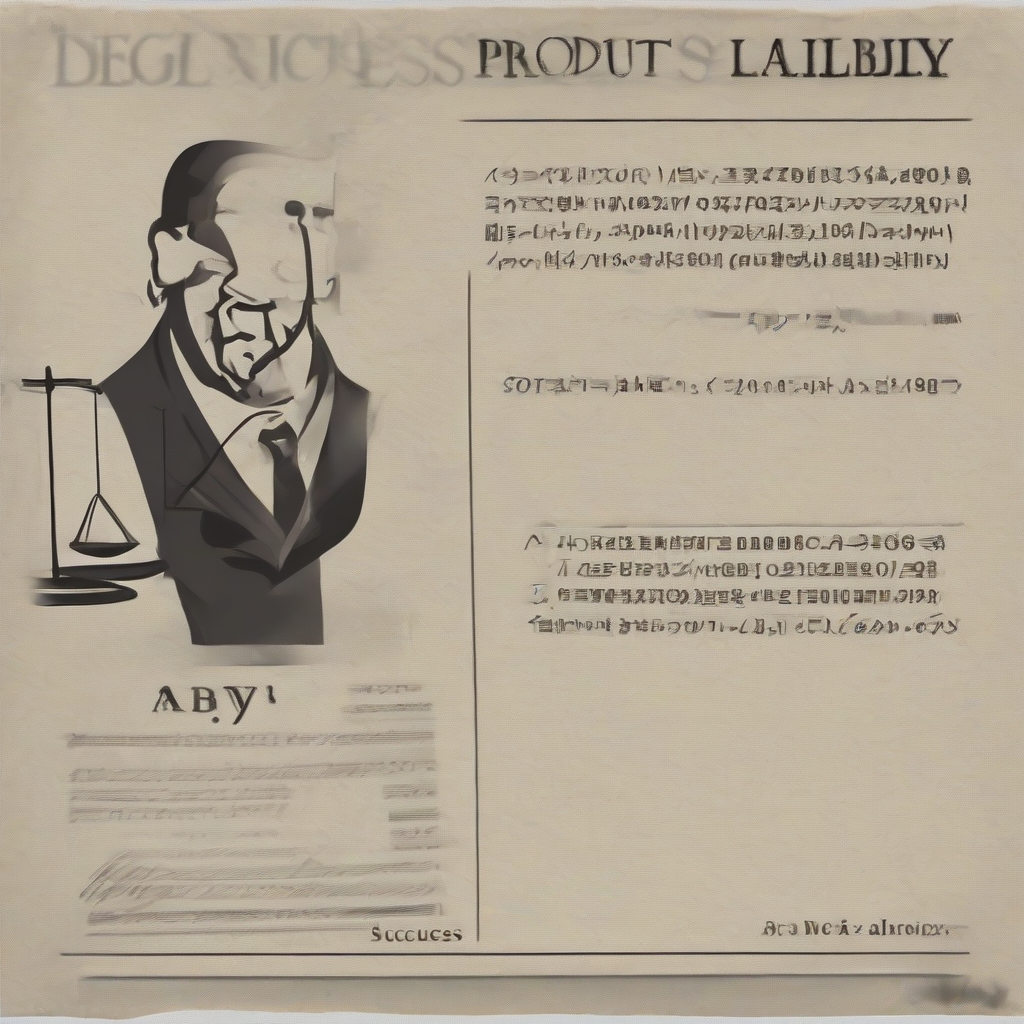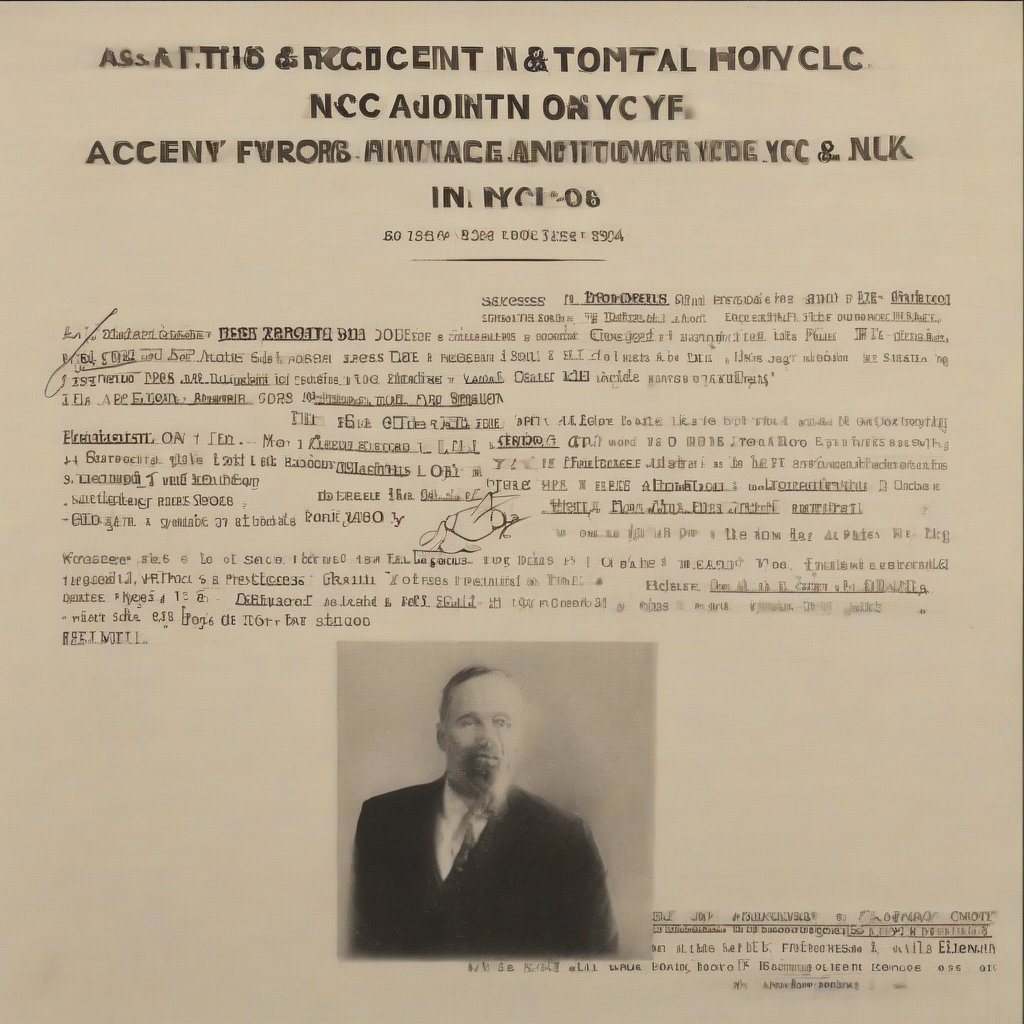Navigating Divorce in Nassau County, NY: A Comprehensive Guide to Finding the Right Attorney
Navigating Divorce in Nassau County, NY: A Comprehensive Guide to Finding the Right Attorney
Divorce is a complex and emotionally challenging process, particularly in a jurisdiction like Nassau County, NY, known for its affluent communities and intricate legal landscape. Choosing the right divorce attorney can significantly impact the outcome of your case, protecting your rights and assets throughout this difficult time. This guide provides comprehensive information on selecting a qualified Nassau County divorce lawyer, understanding the legal process, and navigating the unique challenges presented by this area.
Understanding the Nassau County Divorce Process
Nassau County divorce proceedings are governed by New York State law, which is generally considered equitable distribution. This means that marital assets and debts are divided fairly, though not necessarily equally, between the divorcing spouses. Several factors influence asset division, including the length of the marriage, each spouse’s contributions (financial and non-financial), and the economic circumstances of each party. Understanding these factors is crucial for developing a successful legal strategy.
- Grounds for Divorce: In New York, no-fault divorce is permitted, meaning that neither spouse needs to prove fault or wrongdoing. Instead, a period of separation is usually required (often six months), or proof of irretrievable breakdown of the marriage.
- Custody and Child Support: Custody arrangements (legal and physical) and child support payments are determined based on the best interests of the child. Factors considered include the child’s wishes (if age-appropriate), the parents’ ability to provide a stable home environment, and each parent’s involvement in the child’s life.
- Spousal Support (Alimony): Spousal support, or alimony, can be awarded to one spouse to maintain their standard of living during and after the divorce. The amount and duration of alimony depend on numerous factors, including the length of the marriage, the spouses’ earning capacities, and the needs of the recipient spouse.
- Division of Property: As previously mentioned, New York utilizes equitable distribution. All marital assets, acquired during the marriage, are subject to division. This includes real estate, bank accounts, retirement accounts, investments, and other significant assets. Separate property, acquired before the marriage or received as a gift or inheritance during the marriage, is generally not subject to division.
Finding the Right Divorce Attorney in Nassau County
The selection of a divorce attorney is a critical decision. Here are key factors to consider when searching for legal representation in Nassau County:
- Experience and Specialization: Seek an attorney with extensive experience handling divorce cases in Nassau County. Look for lawyers specializing in high-net-worth divorces, complex asset division, custody disputes, or other areas relevant to your specific circumstances. Experience with the local judges and court procedures is invaluable.
- Reputation and Client Reviews: Research the attorney’s reputation through online reviews, professional organizations, and referrals. Check for disciplinary actions or complaints filed against the attorney with the appropriate bar association.
- Communication and Accessibility: Effective communication is crucial. Choose an attorney who is responsive to your questions and concerns, providing clear explanations of the legal process and keeping you informed throughout your case. Assess their accessibility and how readily they can be reached.
- Legal Fees and Payment Options: Understand the attorney’s fee structure, whether it’s hourly, contingency-based, or a retainer agreement. Discuss payment plans and any associated costs upfront to avoid unexpected expenses.
- Personality and Compatibility: A strong attorney-client relationship is essential. Choose an attorney with whom you feel comfortable and confident, someone who understands your needs and goals. A good rapport can significantly impact the success of your case.
Specific Challenges in Nassau County Divorce Cases
Nassau County, with its high concentration of affluent individuals, often presents unique challenges in divorce cases. These challenges require the expertise of an attorney experienced in handling complex situations.
- High-Net-Worth Divorces: The division of significant assets, such as substantial real estate holdings, valuable investments, and complex business interests, requires specialized legal knowledge and experience in valuation and asset tracing.
- Prenuptial and Postnuptial Agreements: The validity and enforceability of prenuptial and postnuptial agreements are often central issues in high-net-worth divorces. An experienced attorney can ensure that these agreements are properly drafted and enforced, or challenged if necessary.
- Complex Business Interests: Divorces involving significant business interests necessitate a deep understanding of business valuation, corporate law, and partnership agreements. Properly valuing and dividing these assets requires specialized expertise.
- International Assets and Jurisdictional Issues: In cases with international assets or involvement of parties residing in different jurisdictions, the process becomes significantly more complex. Navigating international laws and conventions requires specialized legal knowledge.
- Tax Implications: Divorce has significant tax ramifications. An experienced divorce attorney should understand the tax implications of property division, alimony, and child support payments, minimizing your tax burden.
Resources for Finding Nassau County Divorce Attorneys
Several resources can assist in finding a qualified divorce attorney in Nassau County:
- New York State Bar Association: The NYSBA provides a lawyer referral service that can connect you with attorneys in Nassau County.
- Online Legal Directories: Websites like Avvo, Justia, and Martindale-Hubbell offer attorney profiles, reviews, and ratings.
- Referrals from Friends, Family, and Professionals: Seek recommendations from trusted sources who have experience with divorce attorneys in the area.
- Local Bar Associations: The Nassau County Bar Association may offer resources and referrals to its members.
Questions to Ask Potential Attorneys
Before hiring a divorce attorney, prepare a list of questions to ask during your initial consultation. This will help you assess their qualifications and suitability for your case:
- What is your experience handling cases similar to mine?
- What is your fee structure, and what are the estimated costs involved?
- How will you communicate with me throughout the process?
- What is your approach to negotiation and litigation?
- What is your success rate in cases like mine?
- Can you provide references from past clients?
- What is your strategy for handling [specific issue in your case, e.g., child custody, asset division]?
Preparing for Your Initial Consultation
To make the most of your initial consultation, gather relevant information beforehand:
- Documentation related to your marriage and assets: This includes marriage certificate, financial statements, tax returns, property deeds, and other relevant documents.
- A clear understanding of your goals: Identify your priorities and desired outcomes regarding custody, child support, alimony, and asset division.
- A list of questions: Prepare a list of questions to ask the attorney to ensure you receive the necessary information.
Remember, choosing the right divorce attorney is a crucial step in navigating the complexities of divorce in Nassau County, NY. Thorough research, careful consideration, and open communication with your chosen attorney are essential for achieving the best possible outcome.




